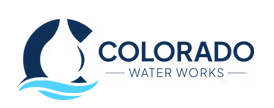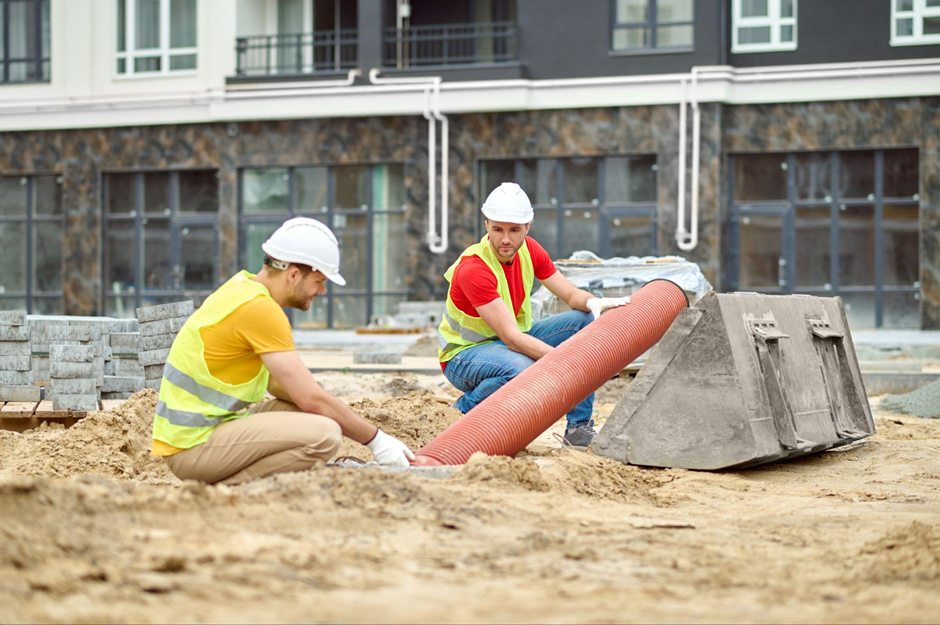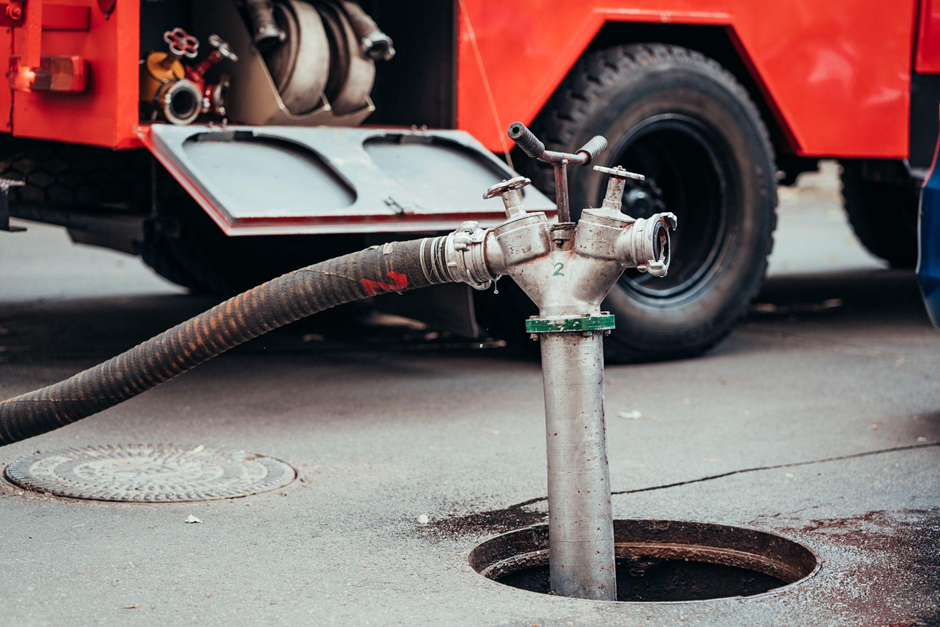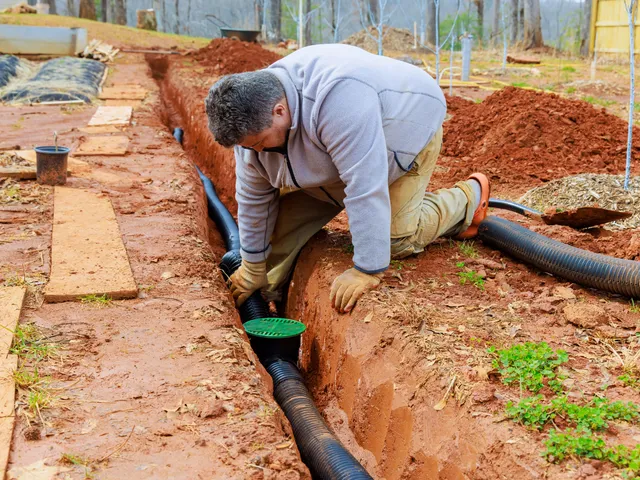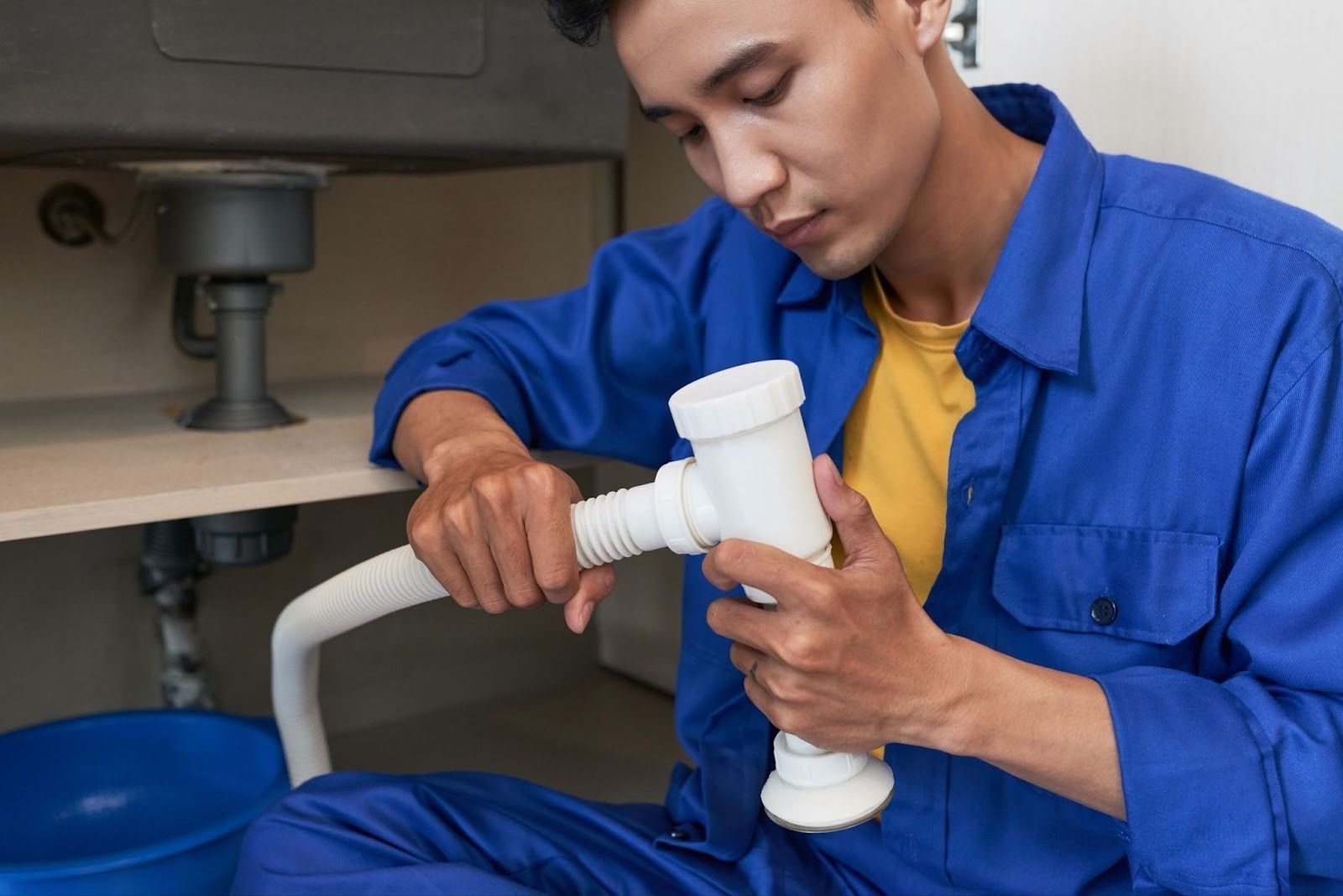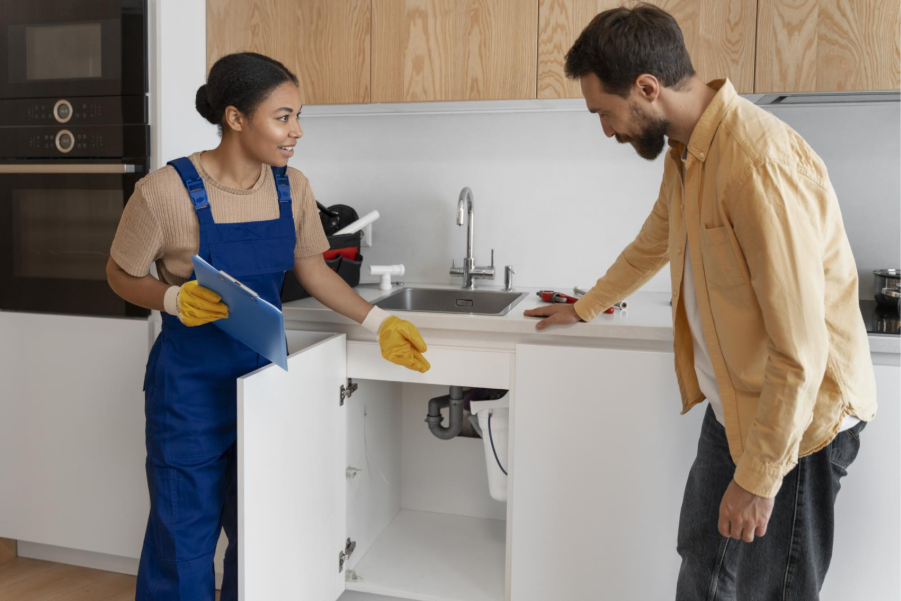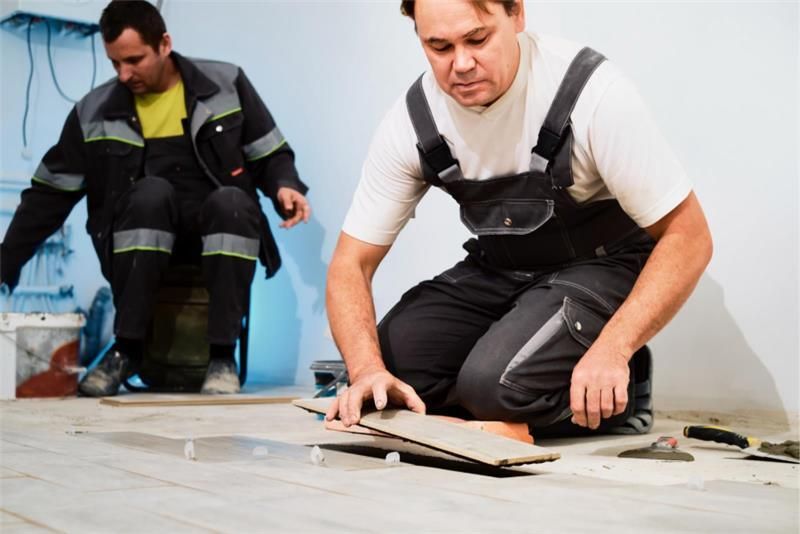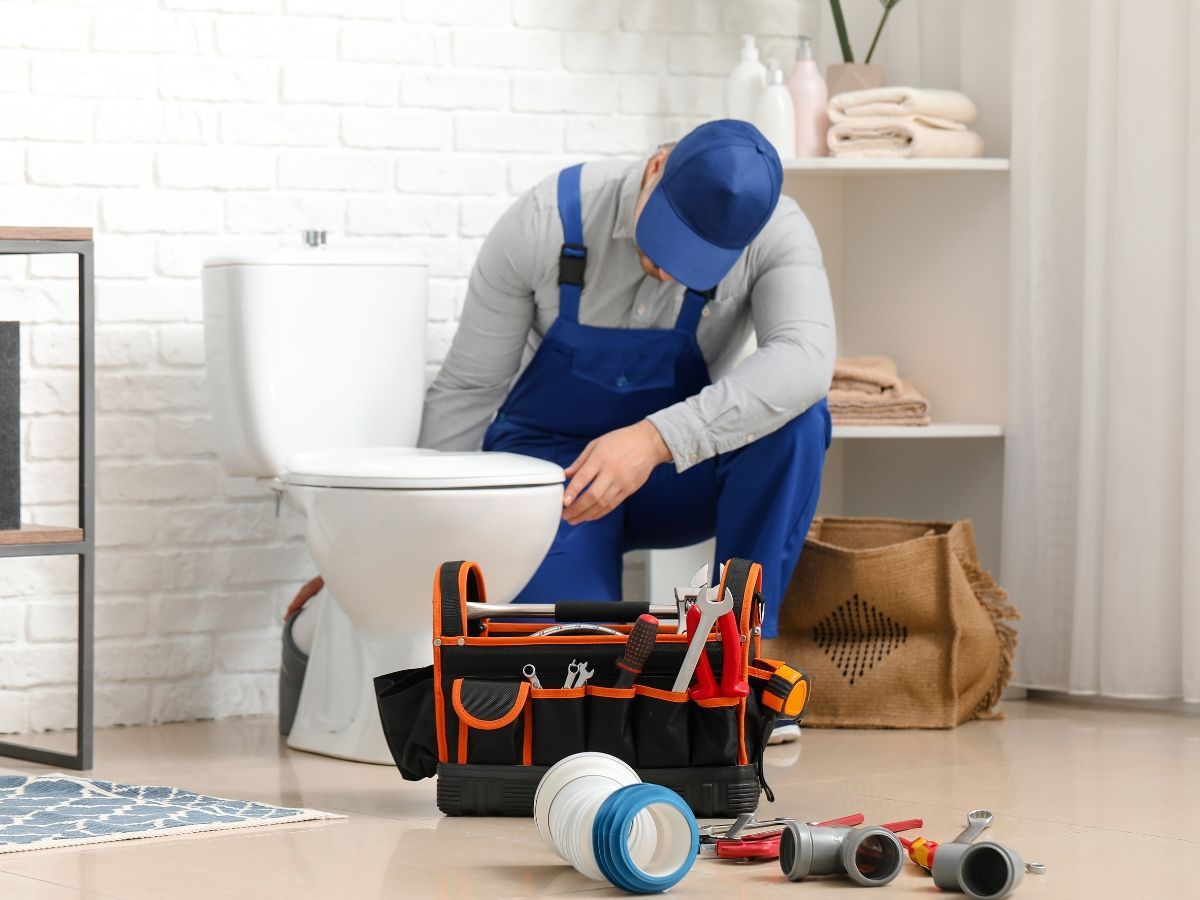How to Tell if Your Sewer Line Repair or Replacement in Colorado’s Freeze-Thaw Climate
Introduction
Sewer line problems are more than just an inconvenience they can create significant disruptions for homeowners in Denver. The unique freeze-thaw cycles of Colorado’s climate exacerbate these issues, causing pipes to expand and contract, which accelerates wear and tear. When a sewer line suffers damage or blockage, it can result in unpleasant odors infiltrating your home, unsightly yard damage, and potentially expensive emergency repairs. Understanding the signs that indicate your sewer line requires attention is crucial to prevent small problems from escalating into major structural issues. By recognizing early warning signals and consulting professional services for sewer repair Denver or sewer line repair Denver, homeowners can protect their property, maintain a functional plumbing system, and avoid costly emergency interventions.
Understanding Colorado’s Freeze-Thaw Climate
Colorado’s climate is known for its extreme temperature fluctuations, especially during the winter and spring months. These fluctuations cause the soil surrounding buried sewer pipes to alternately expand and contract. Over time, this repetitive movement can place significant stress on underground sewer lines, particularly those made from older materials such as clay, cast iron, or outdated PVC.
This stress often manifests in various forms of damage, including:
- Cracks or fractures in the pipe – Small fissures can grow over time, eventually leading to leaks or full pipe breaks.
- Joint separation or misalignment – Pipes may pull apart slightly, creating gaps that can allow sewage to leak into the surrounding soil.
- Increased vulnerability to tree root intrusion – Cracks and loose joints provide entry points for roots, which can exacerbate blockages and damage.
The material of your sewer pipes, their installation method, and their age all influence how well they withstand these environmental stresses. Proactive inspection and timely maintenance are essential for extending the lifespan of your sewer system and preventing unexpected emergencies.
Signs Your Sewer Line Needs Repair
Early detection of sewer line issues is key to avoiding extensive and expensive repairs. Homeowners should be vigilant for the following warning signs:
| Sign | Possible Cause |
| Slow drains or frequent backups | Blockages caused by debris, grease buildup, or invading tree roots |
| Foul odors in home or yard | Gas leaks, venting issues, or sewage escaping from damaged lines |
| Sinkholes or cracks in yard | Collapsed or broken sewer pipes beneath the surface |
| Unexplained increase in water bill | Leaks or hidden breaks in pipes that waste water |
| Gurgling sounds in toilets or drains | Air trapped in damaged, misaligned, or clogged sewer lines |
Recognizing these symptoms promptly allows homeowners to schedule professional sewer repair Denver services before minor issues escalate into significant structural problems. Acting early helps prevent costly and disruptive emergencies.
Advanced Indicators for Sewer Line Replacement
While some sewer issues can be resolved through localized repairs, certain signs indicate that a full sewer line replacement may be necessary. Homeowners should consider replacement if they notice:
- Old age: Pipes that are over 50 years old are highly susceptible to deterioration and failure.
- Frequent repairs: Repeated problems in a short period often signal systemic issues that repairs alone cannot fix.
- Tree root intrusion: Roots can penetrate and permanently damage older sewer lines, leading to ongoing blockages.
- Collapsed pipes: These often require professional video inspections to detect accurately.
- Corrosion or rust: Particularly common in cast iron pipes, visible corrosion can compromise the structural integrity of the line.
Professional inspection services, such as those offered by coloradowaterworks, use advanced diagnostic tools to accurately evaluate damage and determine whether repair or full replacement is the most effective solution.
Methods of Sewer Repair and Replacement
Understanding the available methods of sewer repair helps homeowners make informed decisions based on the condition and location of their pipes. The two primary approaches include:
Traditional Trench Excavation
- Involves digging up the yard to access the damaged section of the pipe.
- Ideal for severe collapses or when full pipe replacement is necessary.
- Can be disruptive, requiring extensive landscaping restoration after completion.
Trenchless Sewer Repair
- Uses minimally invasive techniques such as pipe lining or pipe bursting to restore damaged pipes without extensive digging.
- Reduces excavation, mess, and overall repair time.
- Effective for aging or moderately damaged lines, allowing for a quicker return to normal use.
| Method | Pros | Cons |
| Trench Excavation | Complete pipe replacement, reliable for all types of damage | Highly disruptive, longer project timeline |
| Trenchless Repair | Quick, cost-effective, minimal disruption | Not suitable for severely collapsed pipes |
The choice between trench excavation and trenchless repair depends on pipe condition, age, and the location of the sewer line. Consulting experienced professionals ensures the selected method aligns with your specific needs.
Preventive Measures to Extend Sewer Line Life
Proactive maintenance can significantly extend the life of your sewer system and prevent expensive repairs. Recommended preventive measures include:
- Regular inspections: Schedule video inspections every few years, particularly for older pipes, to detect potential problems early.
- Proper drainage management: Avoid pouring grease, food particles, or debris down drains to prevent blockages.
- Root barriers: Plant trees and shrubs away from sewer lines to minimize the risk of root intrusion.
- Seasonal maintenance: After freeze-thaw cycles, check for leaks, slow drainage, or ground settling to catch early signs of pipe damage.
Implementing these measures helps maintain a functional and reliable sewer system, reducing the likelihood of emergencies.
When to Call a Professional
Attempting DIY fixes for sewer line problems is risky and can lead to further damage or incomplete repairs. Licensed and experienced contractors like coloradowaterworks provide several key benefits:
- Accurate diagnostics: Advanced tools and video inspections identify the exact location and extent of damage.
- Safe and efficient repair or replacement: Professional methods minimize risks and ensure lasting results.
- Minimal disruption: Trenchless methods reduce yard and property damage.
- Long-term solutions: Experts implement strategies that prevent recurring problems, saving time and money.
Early intervention from a trusted provider ensures your sewer system remains safe, functional, and compliant with industry standards.
Conclusion
Colorado’s freeze-thaw climate places unique stress on sewer lines, making timely inspections and repairs critical for homeowners. Early warning signs such as slow drains, unpleasant odors, or yard damage should never be ignored. Consulting professionals like coloradowaterworks for sewer repair Denver or sewer line repair Denver ensures accurate diagnosis, effective repair, and long-term protection of your property. By combining proactive maintenance, informed decision-making, and professional expertise, homeowners can safeguard the longevity and reliability of their sewer systems while minimizing disruption and costly emergencies. Contact us today to schedule an inspection or discuss your sewer line needs with our experienced team.
FAQs
Frequently Asked Questions (FAQs)
1. How long does a typical sewer repair take in Denver?
Repair times vary depending on the severity of the damage and the method used. Trenchless repairs can often be completed within 1-2 days, whereas traditional trench excavation may take several days to complete due to the extent of digging and restoration required.
2. Can freeze-thaw cycles cause immediate sewer collapse?
Freeze-thaw cycles gradually weaken pipes over time. Sudden collapse is uncommon but can occur in older or severely damaged sewer lines if the structural integrity has been significantly compromised.
3. How much does sewer line replacement cost in Colorado?
Costs depend on factors such as pipe length, material, and the repair method. Trenchless repair options tend to be less disruptive and may offer more cost-effective solutions compared to traditional excavation.
4. Is trenchless repair suitable for all sewer problems?
Trenchless methods are highly effective for minor cracks, corrosion, and partial collapses. However, fully collapsed pipes or severely damaged sections may still require traditional excavation for complete replacement.
